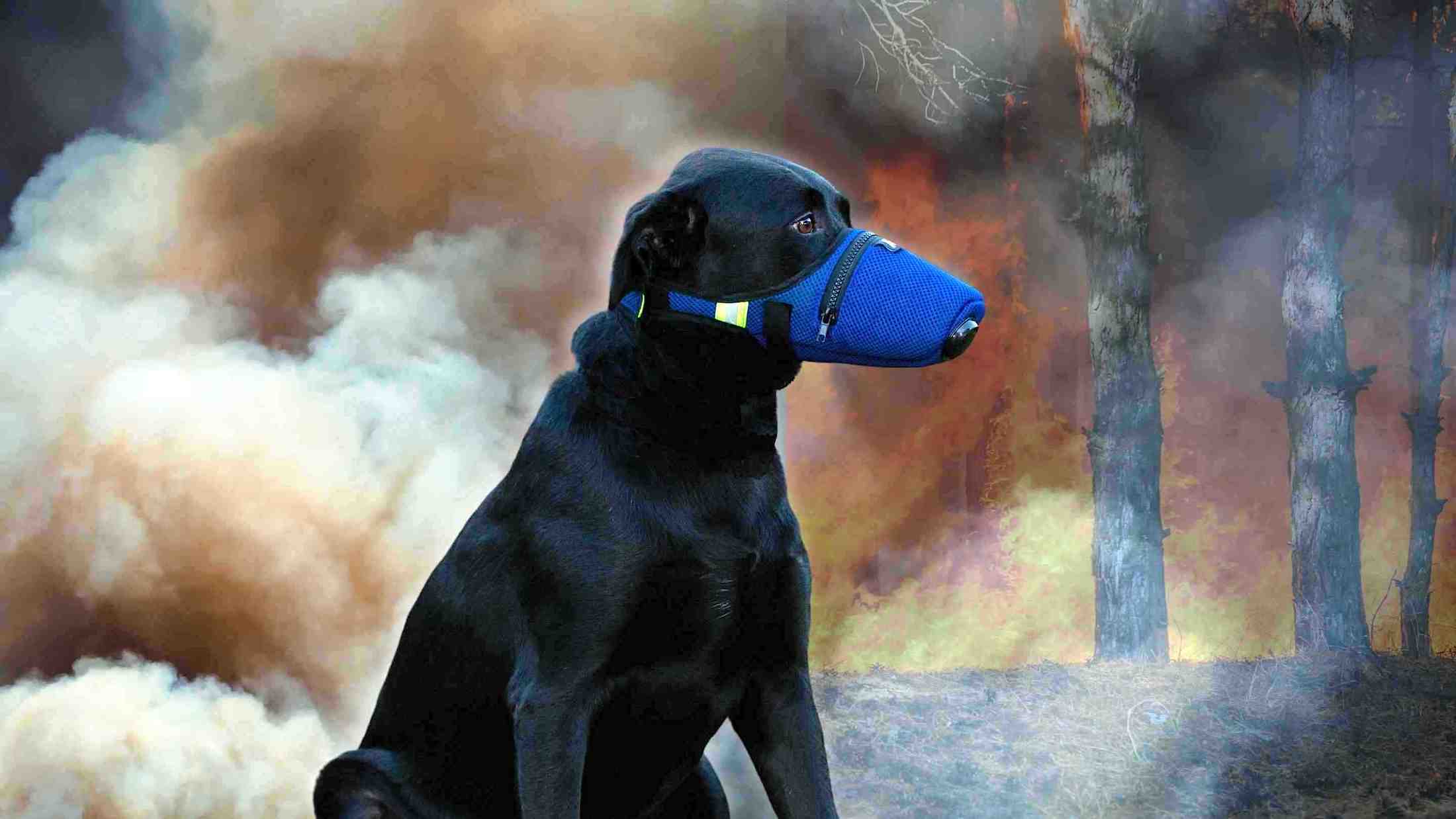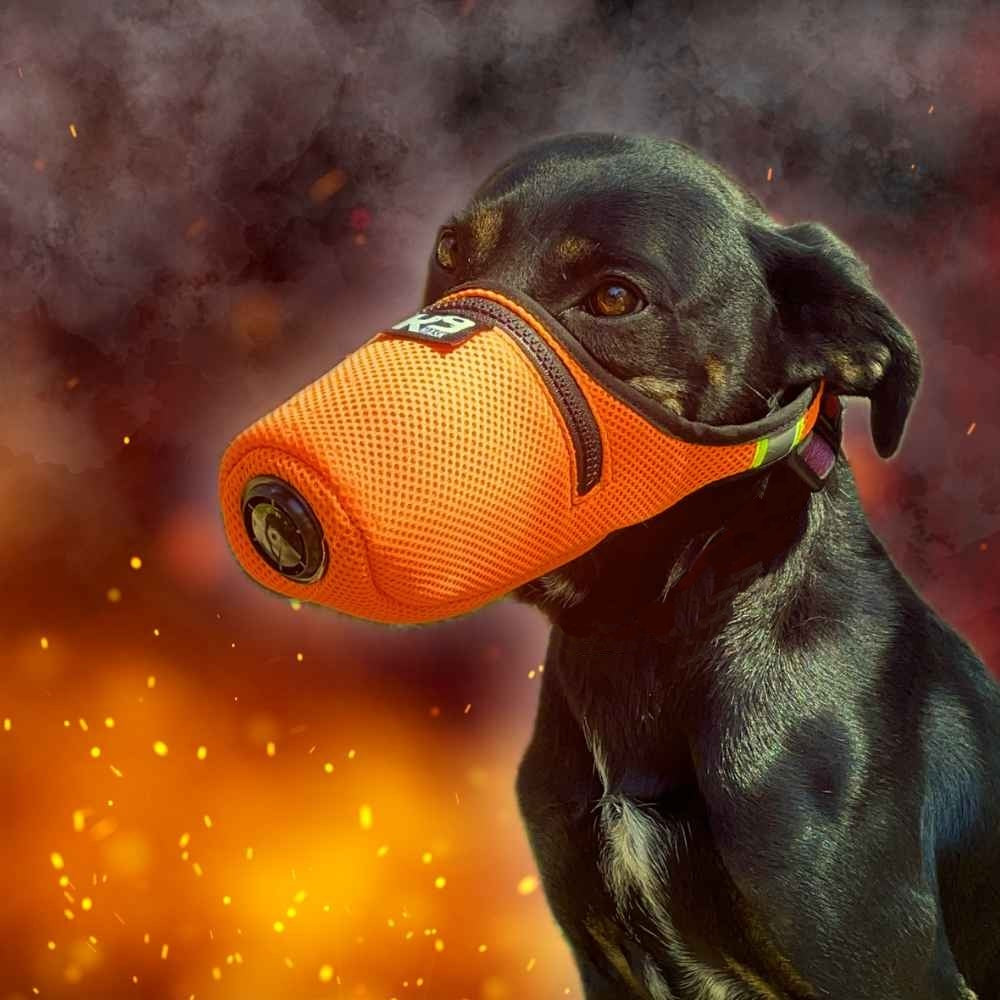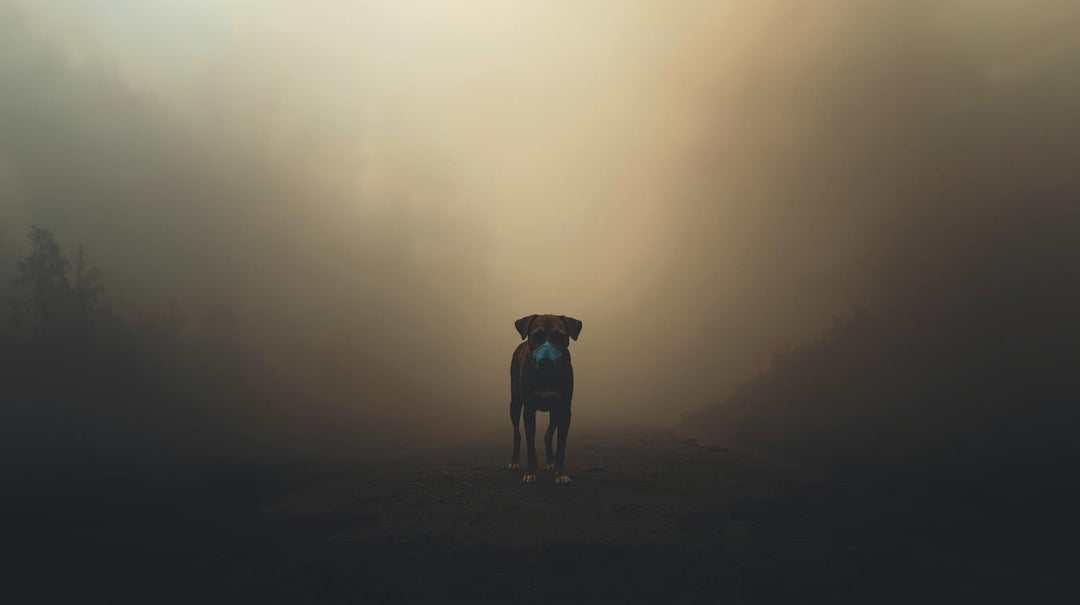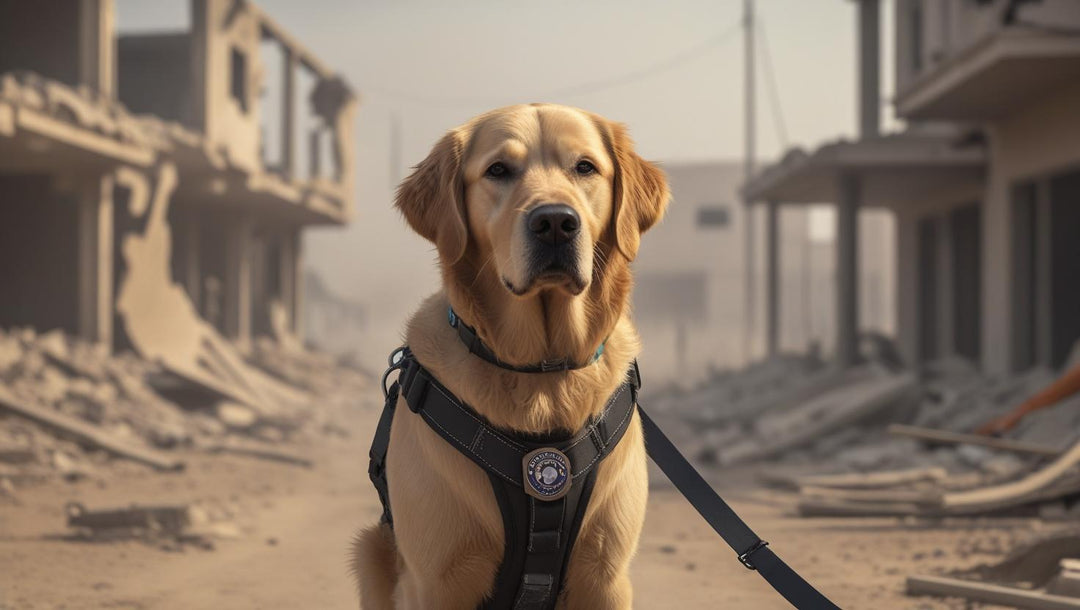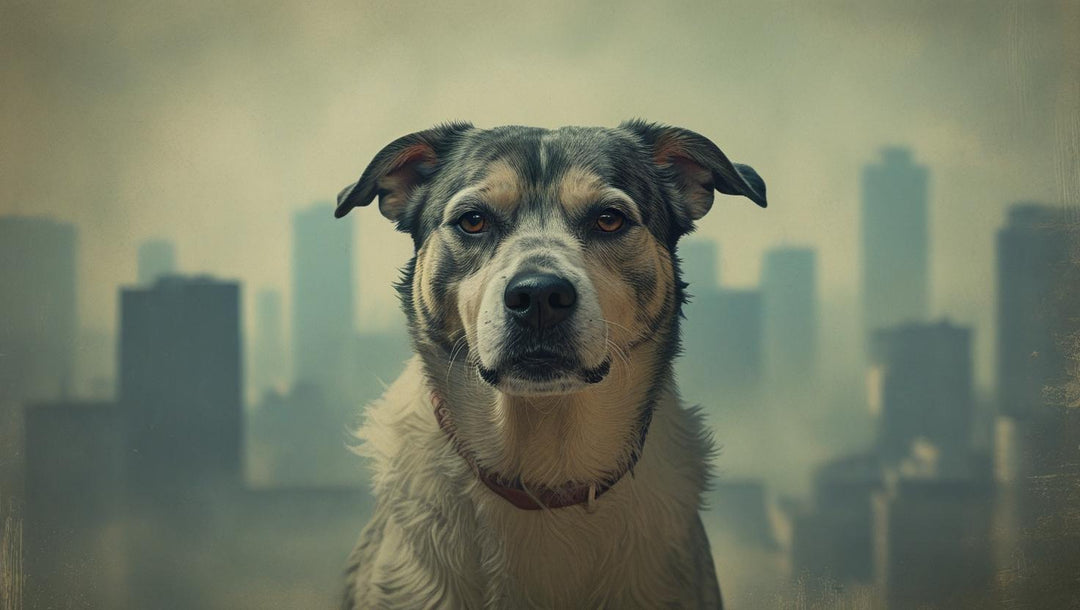Coronaviruses are a large family of viruses. Some coronaviruses cause cold-like illnesses in people, while others cause illness in certain types of animals, such as cattle, camels, and bats. Some coronaviruses, such as canine and feline coronaviruses, infect only animals and do not infect humans.

Key Points
- Coronaviruses are a large family of viruses. Some cause illness in people, and others cause illness in certain types of animals.
- Some coronaviruses that infect animals can sometimes be spread to people, but this is rare.
- We do not know the exact source of the current outbreak of coronavirus disease 2019 (COVID-19). The first infections were thought to be linked to a live animal market, but the virus is now primarily spreading from person to person.
- The first case of an animal testing positive for the virus in the United States was a tiger that had a respiratory illness at a zoo in New York City.
- We do not have evidence that companion animals, including pets, can spread the virus that causes COVID-19 to people or that they might be a source of infection in the United States.
- CDC is aware of a very small number of pets outside the United States reported to be infected with the virus that causes COVID-19 after close contact with people with COVID-19.
- Treat pets as you would other human family members – do not let pets interact with people or animals outside the household. If a person inside the household becomes sick, isolate that person from everyone else, including pets.
- Further studies are needed to understand if and how different animals could be affected by the virus that causes COVID-19 as well as how this might affect human health.
- This is a rapidly evolving situation and information will be updated as it becomes available.
- For more information, see COVID-19 and Animals Frequently Asked Questions.
Risk of animals spreading the virus that causes COVID-19 to people
Some coronaviruses that infect animals can sometimes be spread to humans and then spread between people, but this is rare. Severe acute respiratory syndrome (SARS) and Middle East respiratory syndrome (MERS) are examples of diseases caused by coronaviruses that originated in animals and spread to people. This is what is suspected to have happened with the virus that caused the current outbreak of COVID-19. However, we do not know the exact source of this virus. Public health officials and partners are working hard to identify the source of COVID-19. The first infections were linked to a live animal market, but the virus is now spreading from person to person. The coronavirus most similar to the virus causing COVID-19 is the one that causes SARS.
The virus that causes COVID-19 spreads mainly from person to person through respiratory droplets from coughing, sneezing, and talking. Recent studies indicate that people who are infected but do not have symptoms likely also play a role in the spread of COVID-19. At this time, there is no evidence that pets can spread the virus that causes COVID-19 to people or that they might be a source of infection in the United States.

Risk of people spreading the virus that causes COVID-19 to animals
CDC is aware of a very small number of pets, including dogs and cats, outside the United States reportedexternal icon to be infected with the virus that causes COVID-19 after close contact with people with COVID-19. CDC has not received any reports of pets becoming sick with COVID-19 in the United States. To date, there is no evidence that pets can spread the virus to people.
The first caseexternal icon of an animal testing positive for the virus that causes COVID-19 in the United States was a tiger with a respiratory illness at a zoo in New York City. Samples from this tiger were taken and tested after several lions and tigers at the zoo showed signs of respiratory illness. Public health officials believe these large cats became sick after being exposed to a zoo employee who was actively shedding virus. This investigation is ongoing.
We are still learning about this virus, but we know that it is zoonotic, and it appears that it can spread from people to animals in some situations.
CDC is working with human and animal health partners to monitor this situation and will continue to provide updates as information becomes available. Further studies are needed to understand if and how different animals could be affected by COVID-19.
What to do if you own pets
Until we learn more about how this virus affects animals, treat pets as you would other human family members to protect them from a potential infection.
- Do not let pets interact with people or other animals outside the household.
- Keep cats indoors when possible to prevent them from interacting with other animals or people.
- Walk dogs on a leash, maintaining at least 6 feet (2 meters) from other people and animals.
- Avoid dog parks or public places where a large number of people and dogs gather.
There is a very small number of animals around the world reported to be infected with the virus that causes COVID-19 after having contact with a person with COVID-19. Talk to your veterinarian if your pet gets sick or if you have any concerns about your pet’s health.
Protect pets if you are sick
If you are sick with COVID-19 (either suspected or confirmed by a test), you should restrict contact with your pets and other animals, just like you would around other people. Although there have been no reports of pets becoming sick with COVID-19 in the United States, it is still recommended that people sick with COVID-19 limit contact with pets and other animals until more information is known about the virus. This can help ensure both you and your animals stay healthy.
- When possible, have another member of your household care for your pets while you are sick.
- Avoid contact with your pet including, petting, snuggling, being kissed or licked, and sharing food or bedding.
- If you must care for your pet or be around animals while you are sick, wear a cloth face covering and wash your hands before and after you interact with them.
If you are sick with COVID-19 and your pet becomes sick, do not take your pet to the veterinary clinic yourself. Call your veterinarian and let them know you have been sick with COVID-19. Some veterinarians may offer telemedicine consultations or other alternate plans for seeing sick pets. Your veterinarian can evaluate your pet and determine the next steps for your pet’s treatment and care.
For more information visit: What to Do if You are Sick.
Stay healthy around animals
In the United States, there is no evidence to suggest that any animals, including pets, livestock, or wildlife, might be a source of COVID-19 infection at this time. However, because all animals can carry germs that can make people sick, it’s always a good idea to practice healthy habits around pets and other animals.
- Wash your hands after handling animals, their food, waste, or supplies.
- Practice good pet hygiene and clean up after pets properly.
- Talk to your veterinarian if you have questions about your pet’s health.
- Be aware that children 5 years of age and younger, people with weakened immune systems, and people 65 years of age and older are more likely to get sick from germs some animals can carry.
For more information, visit CDC’s Healthy Pets, Healthy People website.
Guidance and Recommendations
- Interim Guidance for Public Health Professionals Managing People with COVID-19 in Home Care and Isolation Who Have Pets or Other Animals
- Interim recommendations for intake of companion animals from households where humans with COVID-19 are presentexternal icon
- Evaluation for SARS-CoV-2 Testing in Animals
Related Resources
- COVID-19 and Animals FAQs
- Information on Bringing an Animal into the United States
- World Organisation for Animal Health: Q&As on COVID-19external icon
- USDA: Coronavirus Disease 2019external icon
- FDA: Coronavirus Disease 2019external icon
- USDA Statement on the Confirmation of COVID-19 Infection in a Tiger in New Yorkexternal icon
Information provided by CDC: https://www.cdc.gov/coronavirus/2019-ncov/daily-life-coping/animals.html




